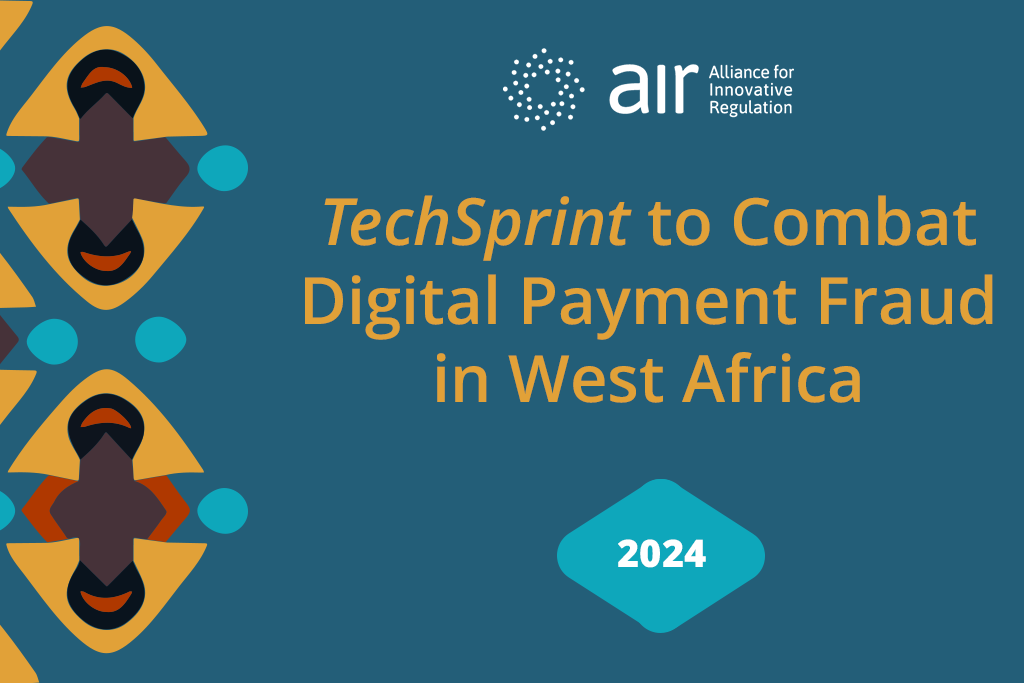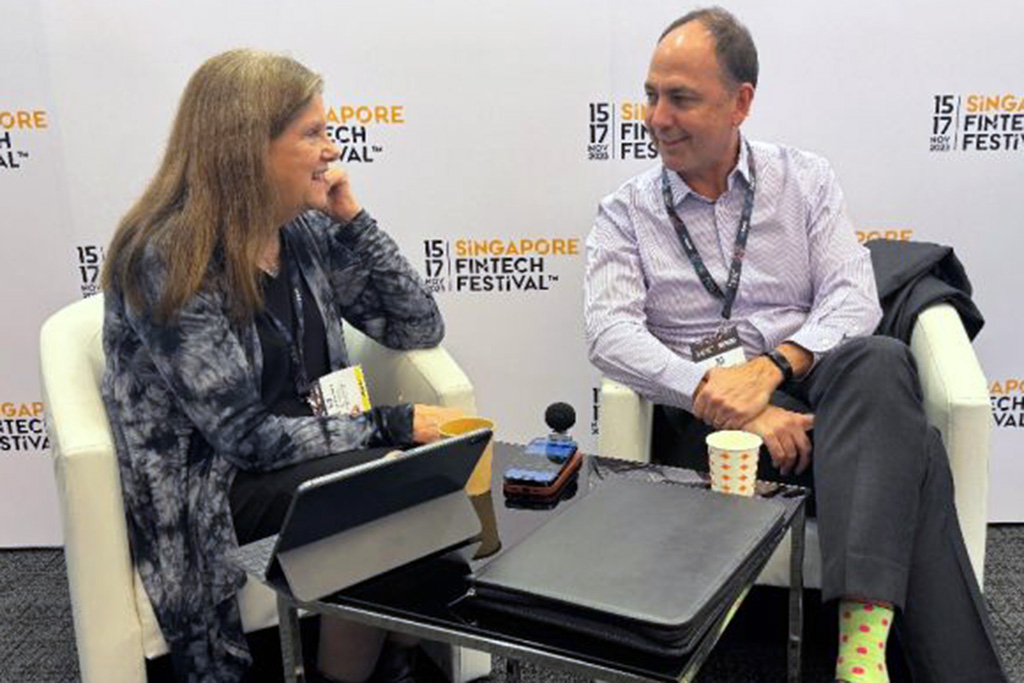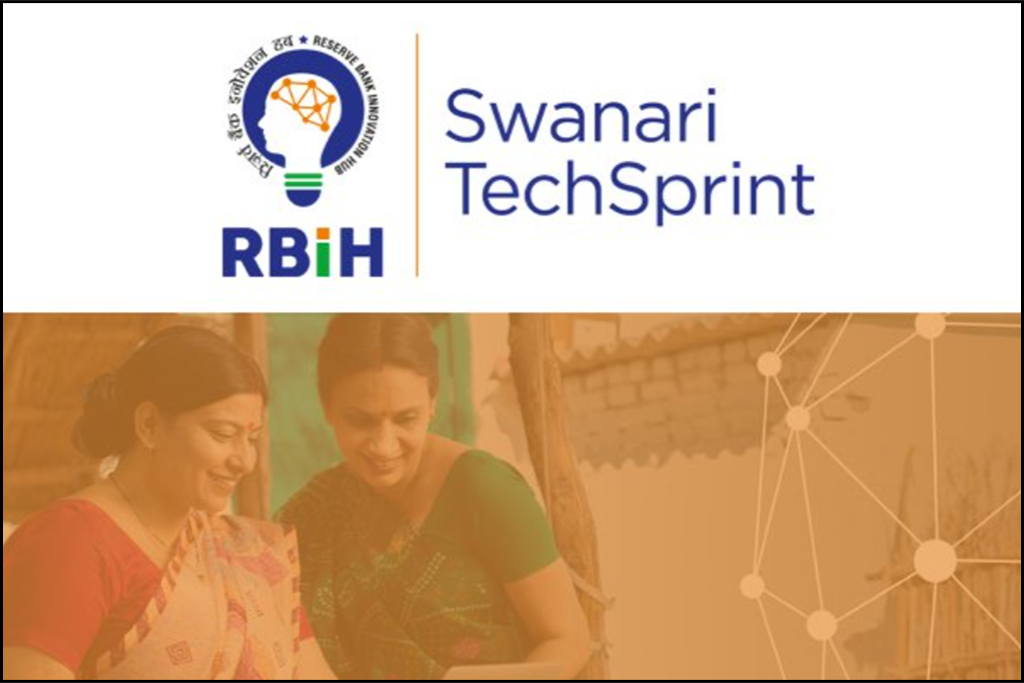The Alliance for Innovative Regulation (AIR) is dedicated to playing its part in the global fight against fraud, including the growing challenge of digital payment fraud. As part of this effort, AIR hosted a virtual TechSprint focused on detecting and combating digital payment fraud in West Africa. This event brought together a diverse range of stakeholders, including technology companies, consumer protection agencies, payment service providers, innovators, regulators, and subject matter experts to collaboratively create solutions.
As digital economies expand across West Africa, the rapid adoption of digital payment systems has introduced new opportunities for growth and empowerment, but also a troubling increase in fraud, resulting in harm and threatening consumer trust. Addressing these challenges demands a coordinated global response. A response prioritizing enhanced security and the implementation of robust consumer protection frameworks to ensure safe and equitable access to digital finance. Fraud in West Africa isn’t just a financial crime—it deeply impacts human lives, eroding trust in financial systems and disproportionately harming the most vulnerable. For millions of unbanked, underserved, and low-income individuals, a single fraudulent incident can wipe out savings, drive families deeper into poverty, and diminish faith in formal financial services. The ripple effects of unchecked fraud destabilize livelihoods, stifle economic opportunity, and widen the gap of financial inclusion, perpetuating cycles of inequality and insecurity across the region. We identify some of the challenges in this paper.
The TechSprint brought together individuals and established teams from The Gambia, Ghana, Nigeria and the United Kingdom to work on projects, with support from global subject matter experts on topics related to digital payment fraud. It culminated in a demo day where six teams presented their solutions before a panel of judges. Of the six teams, three were presented with awards: Global Code won the Breakthrough award for the solution most ready for implementation and practical application; One Percent Labs won the Jump award for the solution with the greatest potential to transform the fight against digital payment fraud; Silversands won the Eureka award for the most innovative solution.
A conference ran in parallel with the TechSprint, both serving as a capstone and a catalyst, highlighting the need for urgent, collective action to protect vulnerable populations from fraud. The insights shared over these five days underscored a critical reality: solving the fraud crisis requires more than technology. It demands collaboration, coordination, creativity, and a commitment to safeguarding trust in the financial system.
Digital financial services have become a cornerstone of financial inclusion in West Africa. From mobile money to digital wallets, millions of people—many accessing formal financial services for the first time—are entering the system. However, this progress comes with a dark side. Fraudsters are exploiting the same digital rails that have expanded access, using increasingly sophisticated tactics to deceive consumers and institutions alike.T he stakes are high. Fraud not only erodes trust in digital financial services but also disproportionately affects low-income and vulnerable populations. As one participant noted during the conference, “If we don’t address fraud, we risk undermining everything we’ve achieved in financial inclusion.”
Throughout the TechSprint, one theme was clear: technology is both the problem and the solution. Fraudsters are leveraging tools like social engineering, malware, and AI-enabled scams to exploit weaknesses in the system. Yet, the same technologies—particularly AI, machine learning and data analytics—offer powerful tools for identifying and mitigating fraud in real-time.
Several teams demonstrated how technology can detect anomalies in transaction patterns, providing early warnings of potential fraud. But technology alone cannot solve the problem. Effective fraud prevention requires a human-centered approach that combines advanced tools with robust policies, remediation frameworks, effective deterrence and punishment of criminals, and consumer education.
“It is clear from conversation that Regtech and Suptech hold incredible potential to Prevent, Protect against and Pursue digital payment fraud. It will take collaboration. Innovative thinking. Commitment to address these critical challenges with effective enforcement and cross-border cooperation, balancing innovation with security.”
Cyril Okoroigwe, RegTech Africa
A fragmented response only benefits the fraudsters. Several TechSprint participants emphasized the need for real-time data sharing and joint investigations to stay ahead of emerging threats. As one regulator put it, “Collaboration is not optional. It’s the only way we win.”
One of the most compelling outcomes of the TechSprint was the realization that no single institution can tackle fraud alone. Fraud is a borderless problem, requiring transparent coordination between regulators, financial institutions, and telecom operators.
“Consumer Protection is a collective responsibility of the regulators, financial service providers and the consumers themselves, fraud is not just a tech issue. It is a human issue requiring human solutions.”
Aishah N. Ahmad, CFA
A critical insight from the conference was the disproportionate impact of fraud on women, who often serve as the backbone of financial health especially within their families and their communities. Yet, data on how fraud affects women remains limited. Several participants called for more gender-disaggregated data to inform targeted interventions that protect those most at risk.
The conference concluded with a clear message: the time for action is now. To build a more secure and inclusive financial ecosystem, the following steps are essential:
As the conference speakers and TechSprint participants made it clear, fighting digital payment fraud is a shared responsibility. Protecting the integrity of digital financial systems is critical to sustaining the progress made in financial inclusion. The insights and innovations generated during the TechSprint are a testament to what can be achieved when diverse stakeholders come together with a common purpose.
But this is only the beginning. The road ahead requires sustained effort, collaboration, and a relentless focus on protecting consumers, particularly the most vulnerable. In many ways, progress will require us to embrace the three core tenets of design thinking – empathy, collaboration and iteration. By working together, we can ensure that digital financial services remain a force for good—accessible, trusted, and secure for all.
AIR will continue to foster collaboration and will bring together the regulatory industry and surrounding ecosystem at an in-person Policy-Sprint in the first half of 2025.
If you are interested in the work we’re doing, events we’re engaged in or anything else, please reach out to us at hello@regulationinnovation.org or via this contact form.

TECHSPRINT • TechSprint to Combat Digital Payment Fraud in West Africa
The Alliance for Innovative Regulation (AIR) hosted a virtual TechSprint focused on detecting and combating digital payment fraud in West Africa.

PODCAST • How to Include Everyone: The Gates Foundation’s Michael Wiegand
Michael talks about the global evolution of financial inclusion and the Bill & Melinda Gates Foundation’s ongoing efforts. Learn about digital financial inclusion, consumer protection, digital public infrastructure, and barriers to fair finance.

BLOG • Power of empowerment: Swanari TechSprint Takeaways
AIR was a partner with India’s Reserve Bank Innovation Hub on a tech competition and ideas forum exploring digital financial services solutions for women’s economic advancement.
Stay informed by joining our mailing list